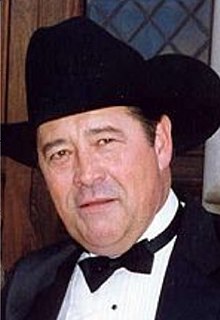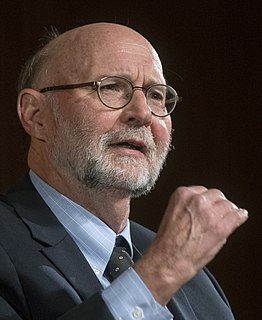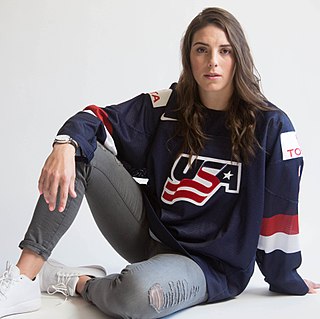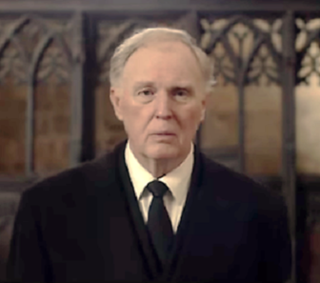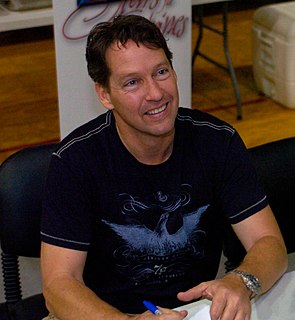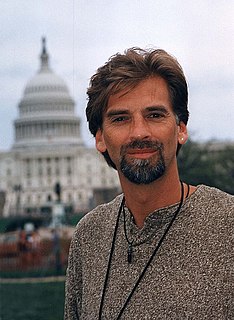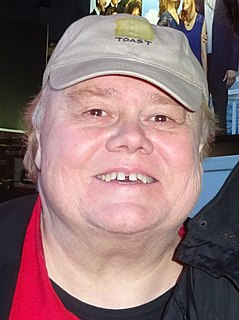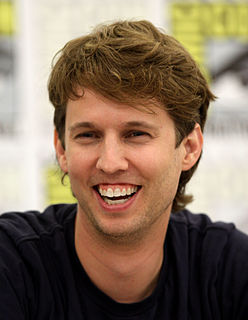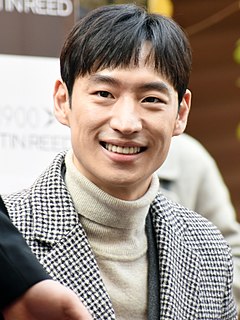A Quote by Barry Corbin
I read that book, 'Lonesome Dove,' and I told my agent that they were gonna make a miniseries out of it and I wanted to be in it. I didn't care what part.
Related Quotes
Lonesome Dove is a great book that had the rare fortune of being made into a great movie. And now, through Bill Wittliff's photographs, we have a third generation of Lonesome Dove artistry. The same creative power and conviction that allowed Larry McMurtry to transform a workaday scenario for an unproduced screenplay into one of the greatest novels of our time, and that transformed that novel into the greatest western movie ever made, are on display in this collection. A Book of Photographs from Lonesome Dove is a masterpiece begot by a masterpiece begot by a masterpiece.
When we started the show [Lonesome Dove], Suzanne De Passe - who had done the original miniseries and still owned the property and was turning it into this series - she brought in a lot of old friends - Diahann Carroll and Billy Dee Williams and Dennis Weaver. And we had an interesting collection off the top of these old seasoned actors. Billy Dee was lovely and iconic.
Your agent or manager tells you. They go, "You're out. They're gonna get a new guy." But then I didn't feel bad. I didn't take it personally. Not that I'm competitive at all. But you have pride in that, you know? You want your ratings to be good. But now that I'm 62, I don't really care about the ratings. I don't care about the reviews. I care about the work, and I care about the people that I'm working with, and I try to make the experience for them and myself as good as it can be.
I did Lois & Clark: The New Adventures Of Superman. It was a sequence where the president got captured and they made a doppelgänger of the president who was kind of goofy. They were Second City people who were the producers and writers, and they told my agent, "Well, we know Fred can do the kind of goofy, but we're not sure he can do be the straight president, kind of the Clinton-esque." So I really got my back up and I called my agent and I said, "Goddammit, I insist that I go in and read." And I did a great job and I got the part.
